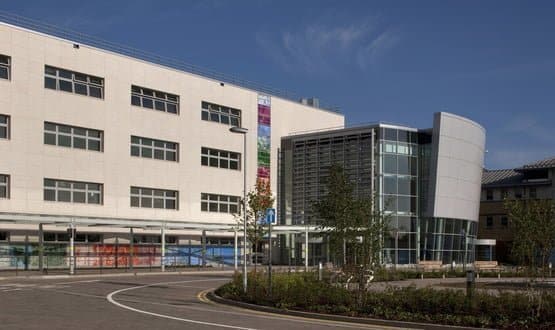Interface issues delay Salisbury iPM deployment
- 22 November 2007
Salisbury Hospital NHS Foundation Trust, one of the ‘Southern Seven’ sites controlled by CSC, was forced to postpone deployment of its new iSoft iPM patient administration system, due to a printer problem which delayed the start-up of computers by up to two minutes.
The trust was due to go live on the weekend of 10-11 November, but had to abandon the deployment two days before, due to continuing problems with the interface between the iPM system and the trust’s Tricerat printing software.
The trust says it is now planning to go-live “before the end of 2007.”
In a joint statement from the trust and CSC, the local service provider confirmed to EHI: “CSC and Salisbury NHS Foundation Trust jointly agreed that the iSoft implementation planned for last weekend should be postponed to allow further time to test the resolution of a technical issue prior to go-live.”
EHI has seen an update on the ‘Southern Seven’ – also known as the ‘iSoft 7’ – sent by Salisbury’s head of IT, Peter Russell, to other trusts in the iSoft 7 cluster, in which he says that Salisbury had been uncertain about going live for some time, after ‘running at increased risk into the migration’.
Of particular concern to the trust was the interface with their Tricerat printing software, which had been the ‘technical environment crunch point’ throughout the testing period, raising ‘alarm bells’ due to ‘the way iPM handles printers’.
During the trust’s dress rehearsal, the trust noticed that its current version of the printing software was creating 300Mb registry entries onto the local network and nine out of ten of logons resulted in the printers not being accessible to iPM users.
A resolution to this was to clear down the registries each night, but this resulted in start up of the iPM system taking up to two minutes to allow Tricerat to load up again. Russell said: “None of these were really acceptable except in the very shortest of timeframes.”
With the printer interface resulting in delayed start-ups, the trust was forced to call a last minute meeting with CSC and Tricerat.
Russell records that Tricerat offered a newer version which could work better, but Salisbury was not keen to take the risk, and at 6pm the night before migration was set to begin, the trust and CSC abandoned the deployment.
He explains his reasoning behind calling a halt to deployment: “This is a full version upgrade to be installed into my live environment with no testing and no understanding of the impact on other applications running. There was no guarantee that this would fix the problem and time was not available to undertake anything but the most cursory glance at the software.
“I could not realistically redeploy the Tricerat software across my production servers before the Saturday go live time and CSC could not guarantee that there were not incompatibilities between a V4 client and a V3.x server and that we would not have printing problems.”
EHI asked Tricerat to comment but the company said it did not have a representative available to speak about the work with Salisbury.




